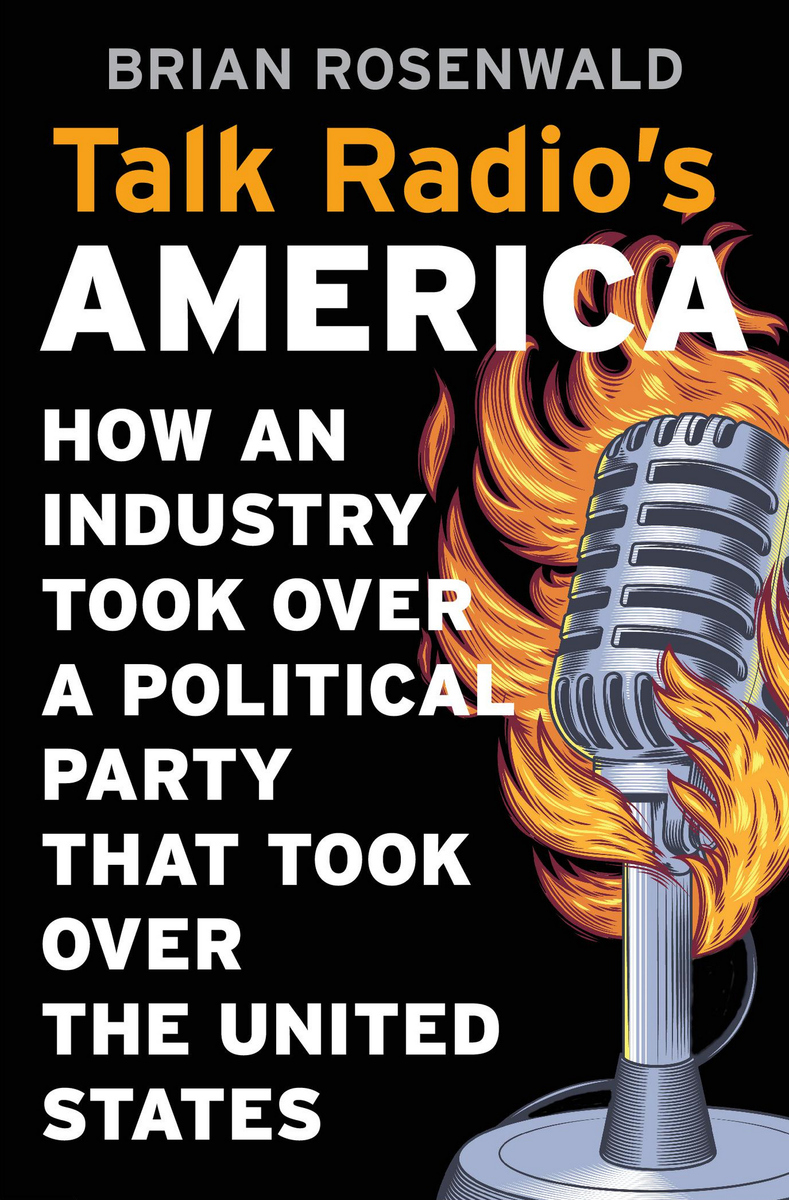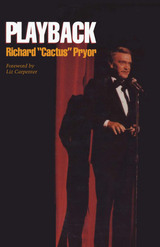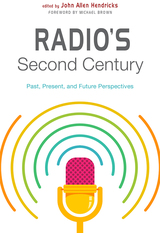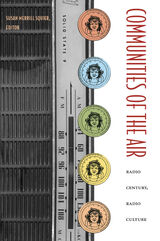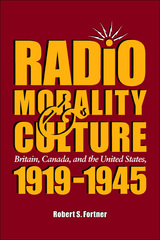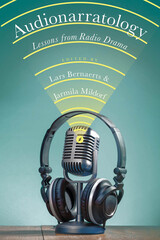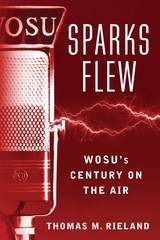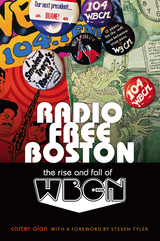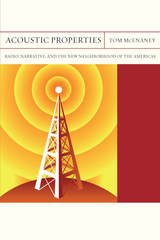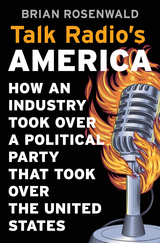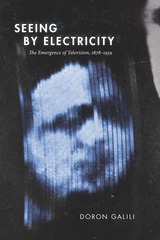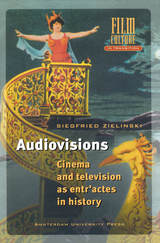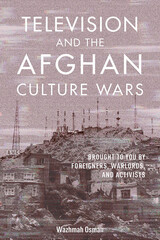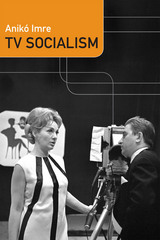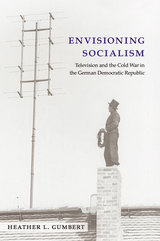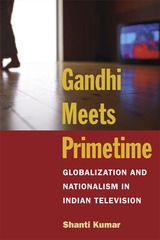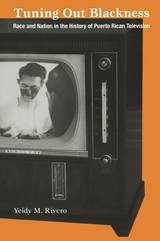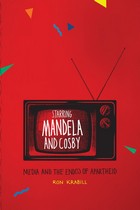At long last, Brian Rosenwald has filled a scholarly vacuum by offering a cogent, well-researched, and entertaining explanation of how Donald Trump was elected president. The conventional wisdom that Trump won by swinging 80,000 voters in Pennsylvania, Wisconsin, and Michigan might be factually accurate, but is too simplistic. Instead, Rosenwald proves that the outcome of the 2016 election was three decades in the making, made possible by the emergence of a candidate perfectly suited to capitalize on an environment created by the titans of talk radio. This is the book that provides proper context for the greatest election upset in modern American history.
-- Michael Smerconish, Sirius XM and CNN host
Rejecting claims that the medium acted as a Republican puppet, [Rosenwald] describes a curious relationship between the Grand Old Party and talk radio hosts, one that has had seriously deleterious consequences for American political life.
-- Financial Times
[Rosenwald] argues that the profit motive radicalized talk radio and with it the Republican Party…Because conflict and scaremongering drove ratings and ratings drove profits, the more extreme the hosts became, the more listeners they gained, and the more money they made. As they amassed power and influence, the hosts could demand fealty from the politicians they were discussing every day.
-- Eric Alterman The Nation
Moving the discussion of contemporary conservative media out of the realm of shadowy conspiracy theory and into the sunlight of deeply researched historical investigation, Brian Rosenwald shows how right-wing talk radio moved from the margins to the mainstream and warped American politics in the process. This book will be of vital interest to anyone concerned about restoring the quality of American democratic debate.
-- Joseph Crespino, author of Atticus Finch: The Biography—Harper Lee, Her Father, and the Making of an American Icon
Before there were social media echo chambers, before there was Fox News, there was Rush Limbaugh and his kin. Brian Rosenwald has told the definitive story of how a squad of outrageous, rule-breaking right-wing radio hosts set the Republican Party agenda and then overtook the party itself. Scholarly and yet eminently readable, this book is indispensable for understanding the world conservative media wrought.
-- David Greenberg, Rutgers University
Upending conventional wisdom, Brian Rosenwald’s deeply researched book offers an incisive account of how conservative talk radio transformed American politics, altering the relationships between Congressional leaders and rank-and-file members, between activists and the party establishment, and between the demands of entertainment and the process of policymaking.
-- Bruce J. Schulman, Boston University
The rise of conservative talk radio has changed American politics and American life, and Brian Rosenwald tells a careful and comprehensive story of its rise and its mushrooming influence. From Rush Limbaugh’s humble beginnings to the election of Donald Trump, Talk Radio’s America shows through careful research and subtle argument how talk radio moved well beyond entertainment and grievance to change the role and makeup of mainstream media, the kinds of stories Americans consume, and the pliable nature of truth. A superb guide to one of the most potent forces in modern political history.
-- John Dickerson, 60 Minutes correspondent
A brisk, well-researched history of the rise and transformation of talk radio…A vigorous analysis of contemporary politics.
-- Kirkus Reviews
Demonstrate[s] that broadcasters like…Rush Limbaugh were just as important to building the Republican Party as deified political figures like George Wallace, William Buckley, or Pat Buchanan. Indeed, far from being a mere tool of the Republican Party, talk radio is revealed…as the dominant explanation for that party’s continued existence, an essential precondition of the far right’s cultural dominance today.
-- New Republic
Important and groundbreaking…Expertly shows how disparate strands in the American political landscape converged in the late 1980s to help make talk radio the potent political force it would become…A must-read for anybody hoping to understand how Trump captured the Republican presidential nomination.
-- Washington Examiner
Rosenwald takes a look at the rise of conservative radio from a variety of perspectives and offers a clear study of how policies, market forces, personalities, and timing played a role in creating a movement…The book is interesting from beginning to end.
-- John M. Bublic European Legacy
An informative account of talk radio and its impact on politics and policymaking.
-- Glenn C. Altshuler Pittsburgh Post-Gazette
In his 2016 presidential run, Donald Trump utilized styles of rhetoric similar to those of talk radio hosts in order to garner a strong base of loyal followers and rile up political activism amongst his supporters…This book could prove useful for those interested how media—both the form factor and the communicative aspects—affect political standing.
-- Tyler M. Wilson Communications Booknotes Quarterly
Documents Limbaugh’s formative role in turning an old technology into an instrument of power that transformed the Republican Party and political discourse in the United States…An important book…Goes a long way to documenting how an old medium helped create a new politics in the United States and paved the way for Donald Trump’s presidency.
-- Vincent Mosco IEEE Technology and Society Magazine
